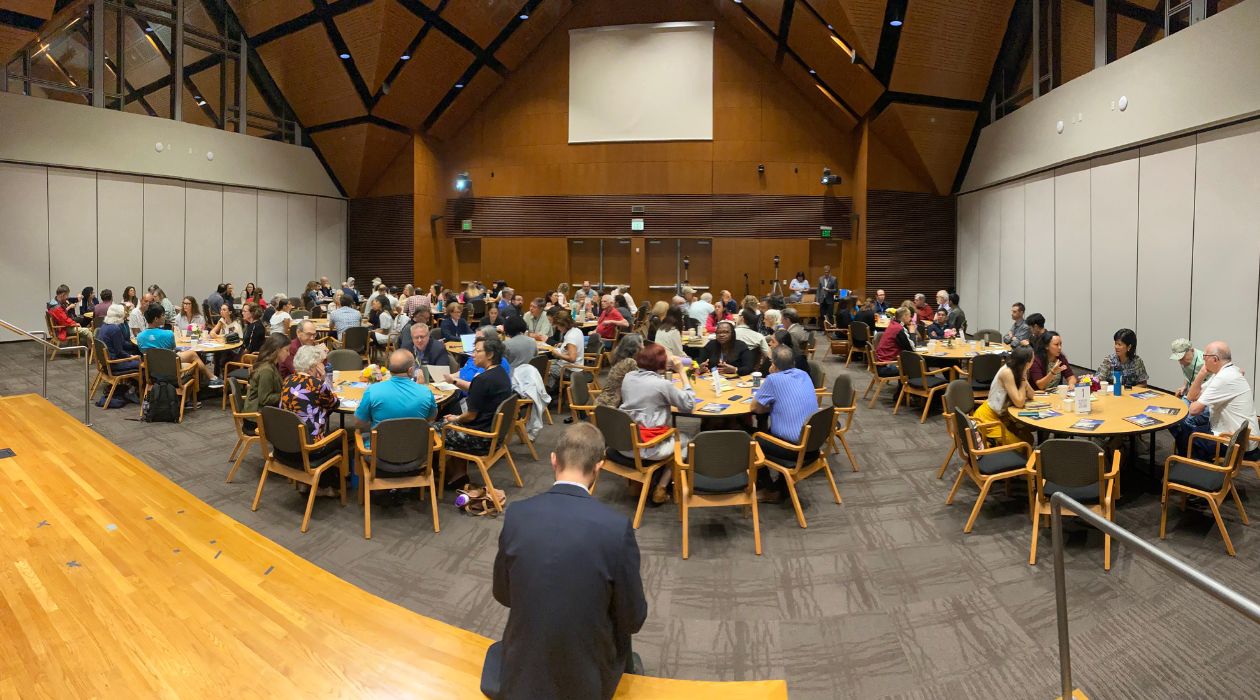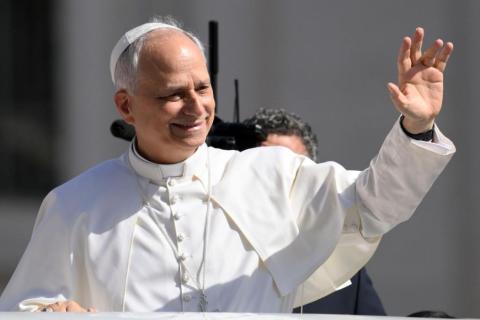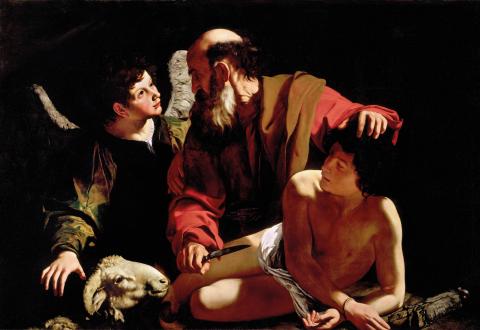
Paul Catipon, Fadi Cheahde, Joe Vukov and Dana Dillon during one of the panel discussions of A Hearth for the Human Family 2024.
Some of us have just returned from San Antonio, Texas, where we spent two days in late September talking about peacemaking and peacebuilding. There were about 150 people there. Keynote addresses were given by Fadi Chehade, John Mundell, and Rebecca Cataldi.
Fadi is known to many Living City readers, with Focolare friendships going back to the 1970s when his family was forced to leave Lebanon and settled in Los Angeles. I’d never heard Fadi speak before, nor had we met, and I’m now grateful to have done both.
How can peacebuilding keep up in an age of such rapid technological advancement? he asked. Then he told personal stories of his work, in private and political realms, to keep the internet as one infrastructure for the world. The internet’s problems and temptations are well-documented, but we don’t often reflect on how it is also one of the few things that brings us to the same place, reminding us that we can be one.

Table conversations during A Hearth for the Human Family 2024.
Chehade also reflected on the influence of Artificial Intelligence (AI)—as did other presenters at The Hearth. AI is on people’s minds; and whether you realize it or not, you’re already using it. Fadi spoke of the meteoric valuation of AI companies and the flood of money going to their development. He said, “The money is not inherently bad, but it is like a fog. No one can see clearly because of it.”
A world powered by AI frightens reasonable people for good reasons. For example, many professions are at risk for massive job losses; creativity and originality may vanish or become unrecognizable; and AI can be used to do bad things. But there are remedies. Fadi detailed one that’s top-down, and one that’s bottom-up. The top-down effort is to bring together every leader in AI—individuals and companies—to discuss implications, measures, and limits. From the bottom-up is a “Digital Oath” that’s like the Hippocratic Oath taken by physicians: To do no harm. Most of all, Fadi said of AI: “Let’s stop fighting it. We need to make peace with it. How can we use this powerful thing for good?”
How can peacebuilding keep up in an age of such rapid technological advancement?
John Mundell spoke on matters similar to what he’s recently written about in the pages of this magazine. “We’ve been at war with the earth,” he emphasized, which is another way of saying that facing climate change honestly and fully is essential for people whose lives are about peace and unity. What keeps us from doing what needs to be done? Inertia, uncertainty, and authority—as in, my priest, my rabbi, my imam doesn’t believe this. Go to LaudatoSiActionPlatform.org for resources on how to become peacemakers for the planet.
Then came Rebecca Cataldi, who you may not know. She’s senior program director at the International Center for Religion and Democracy in Washington, DC. I can’t summarize her talk in so few words, so instead I’m going to point you to our YouTube channel where you can watch her keynote address in full. Note how, near the end, she says “The language we use to talk to each other, and talk about each other, is so important.” In this U.S. general election moment—both before and after it—let’s remember this. How we talk about others, in front of our children, in the neighborhood, at the board meeting, can be dehumanizing. Rebecca uses the metaphor of secondhand smoke for how contemptuous speech can be.
Finally, let me say a few words about the breakout session with which I was a co-facilitator. Our topic was “Dialogue among Faith Traditions,” and we took the approach of very short talks by the four of us—Professor Giovanna Czander, me, Rabbi Michal Woll (to whom I’m married), and Sister Shekinah Toure. We each spoke for ten minutes and then asked everyone at their tables to discuss how to best build interfaith friendships. Finally, each person made a simple, personal commitment for when they leave the conference. We wrote these on large Post-its and stuck them to the walls of our room. Here are five:
1) Listen with an open mind, not with an intent to “refute.”
2) Organize a street fair, to meet my neighbors and discover who they are.
3) I will invite our friends of different traditions into our home and help them to feel welcome. I will help them feel like they are part of my family.
4) Not to Christianize other religions; be free to welcome (inside me) other beliefs.
5) Not using my truth as an equalizer in conversation. Just listen and learn.
May it happen. May it be so.












